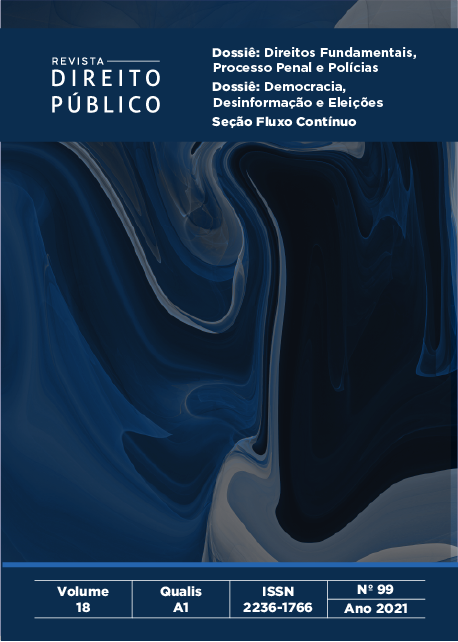Arrests: What Are They Good For?
DOI:
https://doi.org/10.11117/rdp.v18i99.6054Resumen
Even police critics often assume that arrests are essential to policing. This Article challenges that assumption and argues that arrests should be curtailed. Arrests harm individuals, families, and communities. Given their costs, arrests should be used only when they serve an important state interest. Yet, arrests often happen even when no such interest exists. In United States, constitutional law acts as the primary legal constraint on arrests. But it does not ensure that the state has a reason to make an arrest – as opposed to starting the criminal process in another way. Although the police carry out millions of arrests to start the criminal process, to maintain order, to collect evidence, and to deter crime, arrests are usually unnecessary for these purposes. In most cases, reasonable, less intrusive, alternative means exist for achieving these ends, even for some serious crimes. Because the state can achieve its law enforcement objectives without so many arrests, police departments should conduct far fewer arrests than they currently do, and states should restrict the statutory authority to arrest accordingly. Though there are risks to reducing arrests, those risks are less problematic than continuing this form of widespread and unnecessary state coercion.
Descargas
Publicado
Cómo citar
Número
Sección
Licencia
Derechos de autor 2021 Direito Público

Esta obra está bajo una licencia internacional Creative Commons Atribución-NoComercial 4.0.
O(s)/A(s) autores(as) dos manuscritos submetidos concorda(m) com as regras a seguir:
1) Todos os autores e autoras participaram do trabalho, são responsáveis pelas ideias e conceitos nele emitidos e atestam sua conformidade com os princípios éticos exigidos.
2) Todos os autores e autoras concordam com a forma final do trabalho e em ceder os direitos para publicação nos canais de publicação da Escola de Direito do IDP.
3) Todos os autores e autoras informam que o manuscrito é de sua autoria e assumem a responsabilidade pelo trabalho, declarando que a obra a ser publicada não infringe quaisquer direitos de propriedade intelectual de terceiros.
3.1) Em caso de submissão simultânea, além da reprovação imediata do artigo e comunicação ao(s) respectivo(s) periódico(s), a Revista Direito Público se reserva o direito de não receber novas submissões de todos os autores implicados pelo prazo de 2 (dois) anos, contado a partir da data de ciência do fato.
4) Todos os autores e autoras autoriza(m) a edição de seu trabalho e cede(m) à Escola de Direito do IDP os direitos de autor para reproduzir, editar e publicar ou veicular o citado trabalho em qualquer forma midiática, resguardada a autoria, em particular sob forma digital, em arquivo eletrônico online na Internet, bem como armazená-los em seu repositório de acordo com o desenvolvimento do processo editorial. Esta concessão não terá caráter oneroso para a Escola de Direito do IDP, não havendo remuneração sob qualquer modalidade pela utilização do referido material, tendo este o caráter de colaboração científica.












